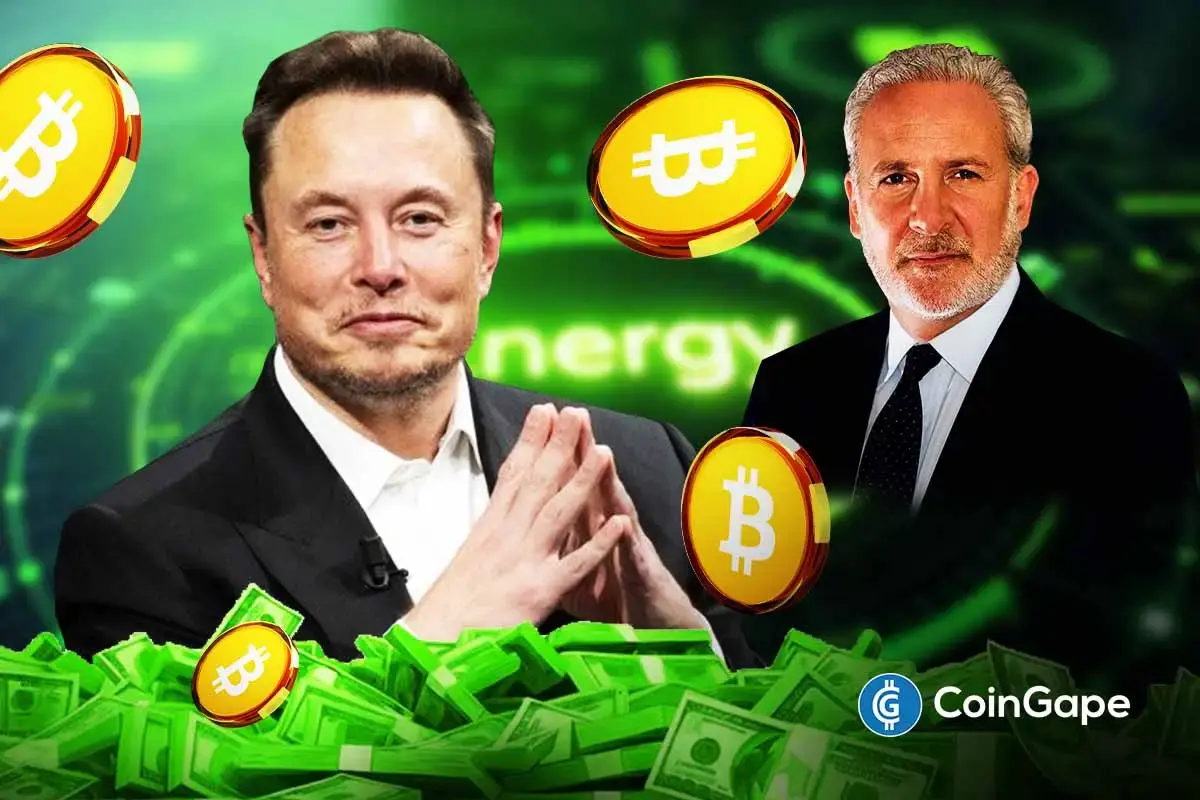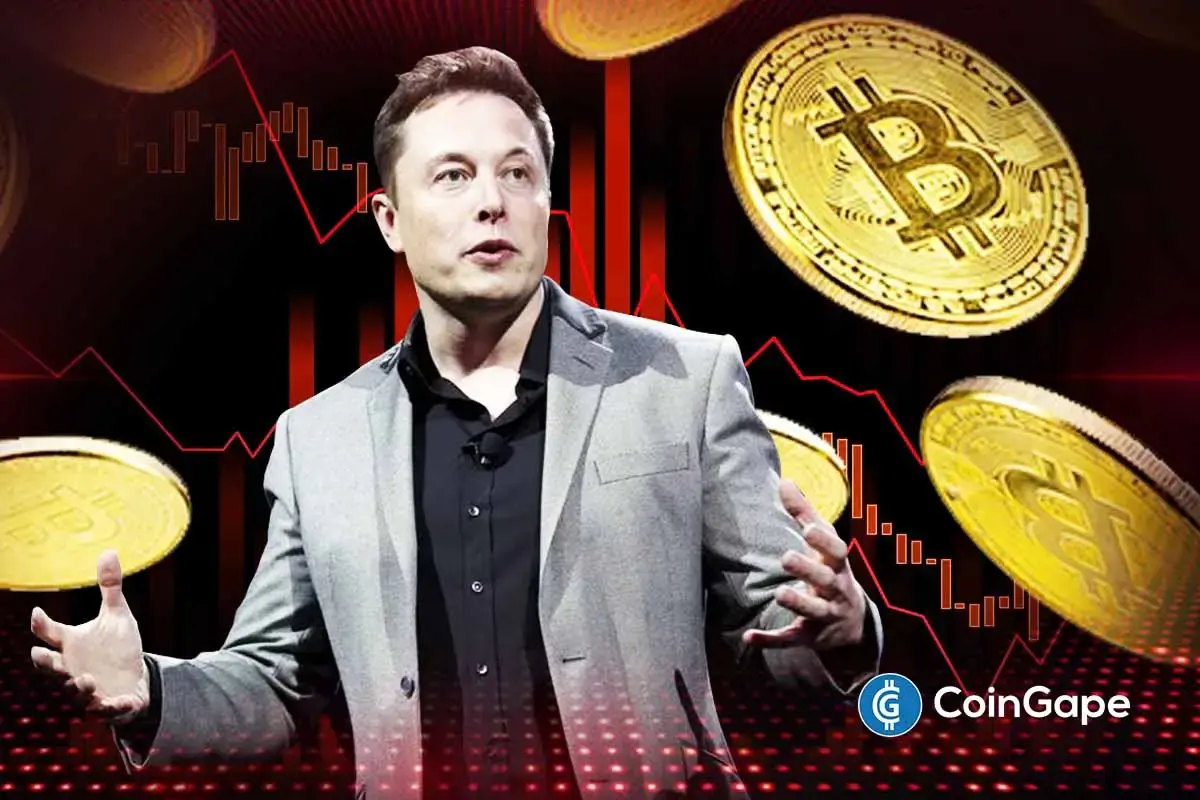Elon Musk Escalates Fight With OpenAI & Microsoft With Revised Lawsuit

Highlights
- Elon Musk files a revised lawsuit against OpenAI and Microsoft for monopolistic practices.
- Musk claims OpenAI betrayed its nonprofit mission by prioritizing commercial interests.
- The lawsuit alleges OpenAI and Microsoft control nearly 70% of the generative AI market.
Billionaire entrepreneur Elon Musk has intensified his battle against OpenAI and Microsoft by filing a revised lawsuit on November 14. The legal move accuses the tech giants of monopolistic practices in the generative AI sector. Musk’s company, xAI, and Shivon Zilis, a Neuralink executive and former OpenAI board member, are among the plaintiffs challenging the alleged anticompetitive collaboration.
Elon Musk Revises Lawsuit Against OpenAI & Microsoft
The amended lawsuit filed by Elon Musk on November 14 claims that OpenAI and Microsoft have formed a “de facto merger,” leveraging their combined dominance to stifle competition in the AI industry. The complaint accuses the companies of recruiting AI talent through extravagant salaries, reportedly spending $1.5 billion for a workforce of 1,500.
Notably, reports indicate some OpenAI engineers earn up to $800,000 annually, including bonuses and stock options. Besides, the lawsuit also alleges that OpenAI discouraged investors from funding rival AI companies during a recent $6.6 billion fundraising round.
Previously, several reports claimed that this stipulation aimed to block competitors, including Musk’s xAI, from securing critical investments. Despite these claims, SoftBank, which contributed $500 million to OpenAI’s funding round, has stated it retains the freedom to back other AI ventures.
Meanwhile, lawyers for Musk argue the partnership between Microsoft and OpenAI creates a monopolistic environment, with the duo controlling nearly 70% of the generative AI market. The complaint suggests Microsoft has embedded itself deeply within OpenAI operations, blurring the lines between the two entities.
Escalating Rivalry With OpenAI
The amended lawsuit builds upon a series of disputes between Elon Musk and OpenAI. In March, Musk filed an initial suit against the AI firm and its founders, Sam Altman and Greg Brockman, accusing them of abandoning their nonprofit mission. Musk later withdrew the lawsuit without explanation but reignited the legal battle in August.
The new lawsuit also highlights OpenAI’s shift to a for-profit model, which Musk claims betrays its original mission to advance AI for the benefit of humanity. Musk, who co-founded OpenAI in 2015, has alleged he was misled into supporting the organization, which now prioritizes commercial interests over ethical development.
Notably, this report comes as Sam Altman’s OpenAI is gearing up to launch a new artificial intelligence tool named Operator. Besides, the AI firm has also pulled funding of $6.6 billion recently, which puts its valuation at $157 billion.
Play 10,000+ Casino Games at BC Game with Ease
- Instant Deposits And Withdrawals
- Crypto Casino And Sports Betting
- Exclusive Bonuses And Rewards

- Peter Brandt Flips Bullish, Predicts Bitcoin Rally As Price Holds Above $70k
- XRP News: Institutional Use Case Expands as Doppler Finance Integrates WXRP for Multi-Chain Access
- Trump Tariffs: Bitcoin Faces Fresh Headwinds as 15% Global Tariffs Begin This Week Amid Iran War
- Bitget Unveils ‘Crypto Anti-Bias Pledge’ To Support Women’s Inclusion In Crypto
- U.S.-Iran War: Crypto Market Rebounds as Iran Reportedly Reaches Out To U.S. To End Conflict
- COIN Stock Analysis as Bitcoin Retests $72k Ahead of February NFP Data
- Robinhood Stock Price Prediction As Cathie Wood Buys $12M Dip in Bold ARK Move
- Bitcoin Price At Risk? Professor Who Predicted US-Iran War Says America Could Lose
- Gold Price Prediction March 2026: Rally, Crash, or Record Highs?
- RIOT Stock Prediction as Needham, Piper Sandler Slash Target After Earnings
- Cardano Price Outlook As Charles Hoskinson Warns Over CLARITY Act

 Buy $GGs
Buy $GGs
















